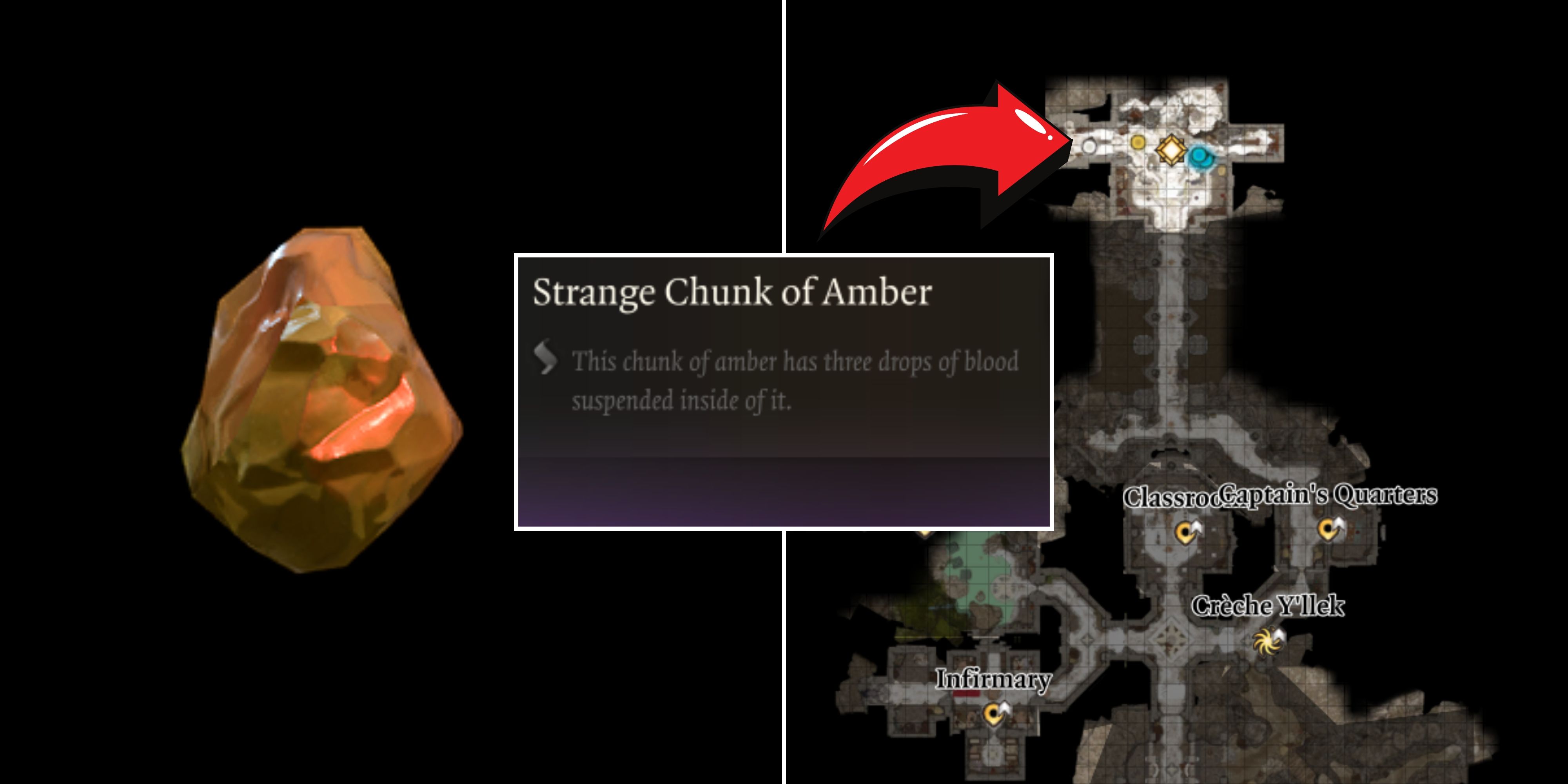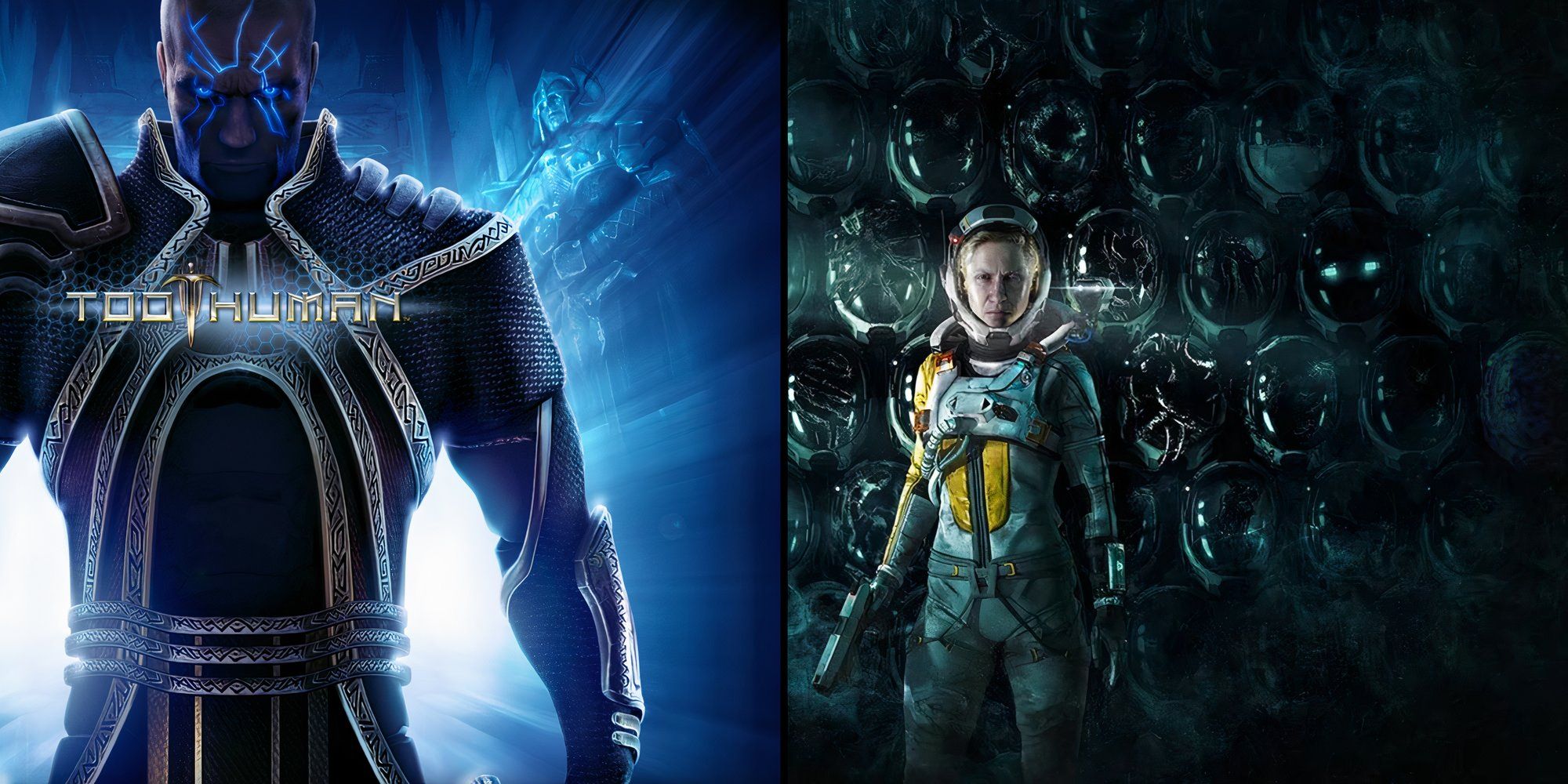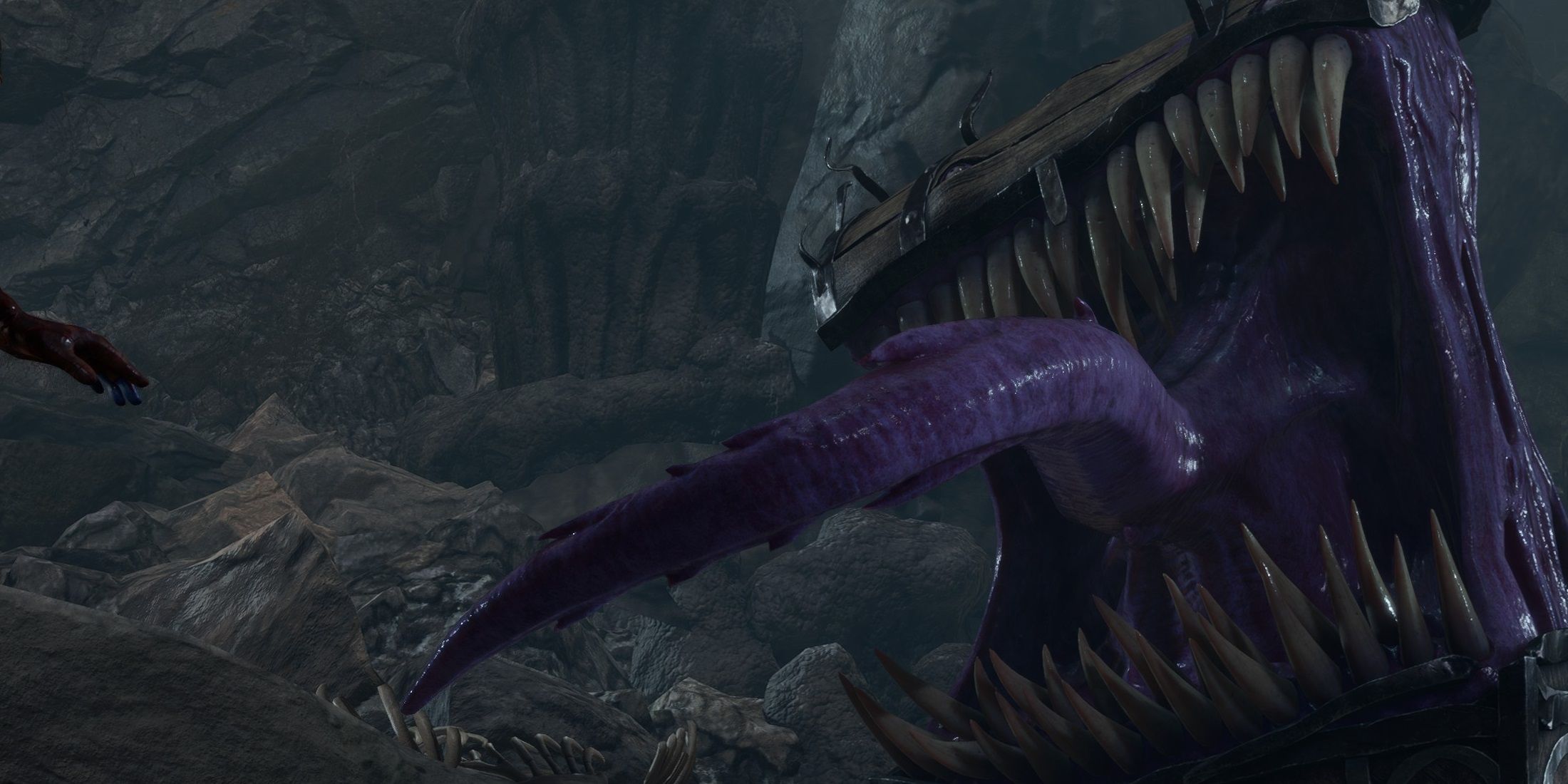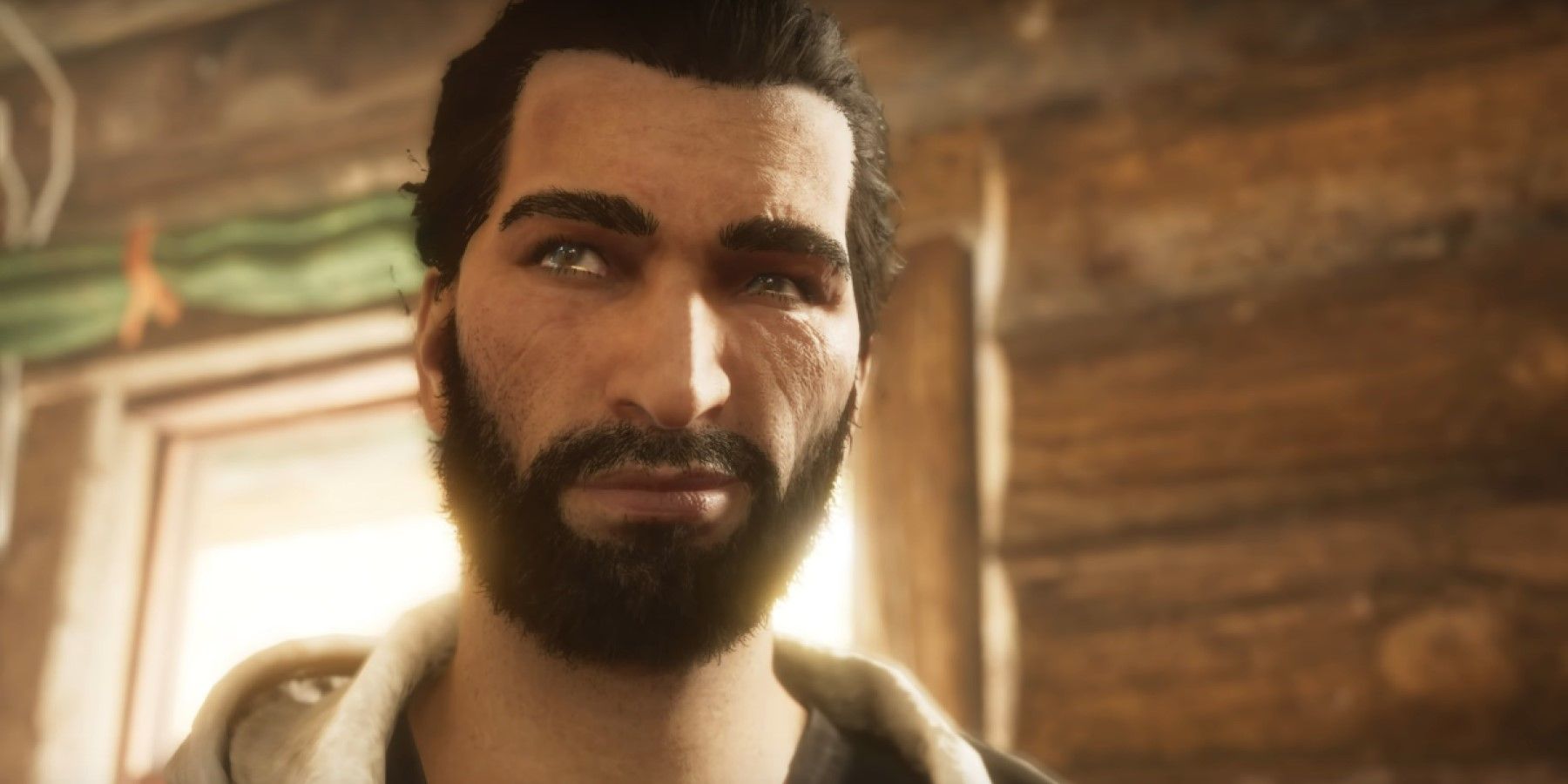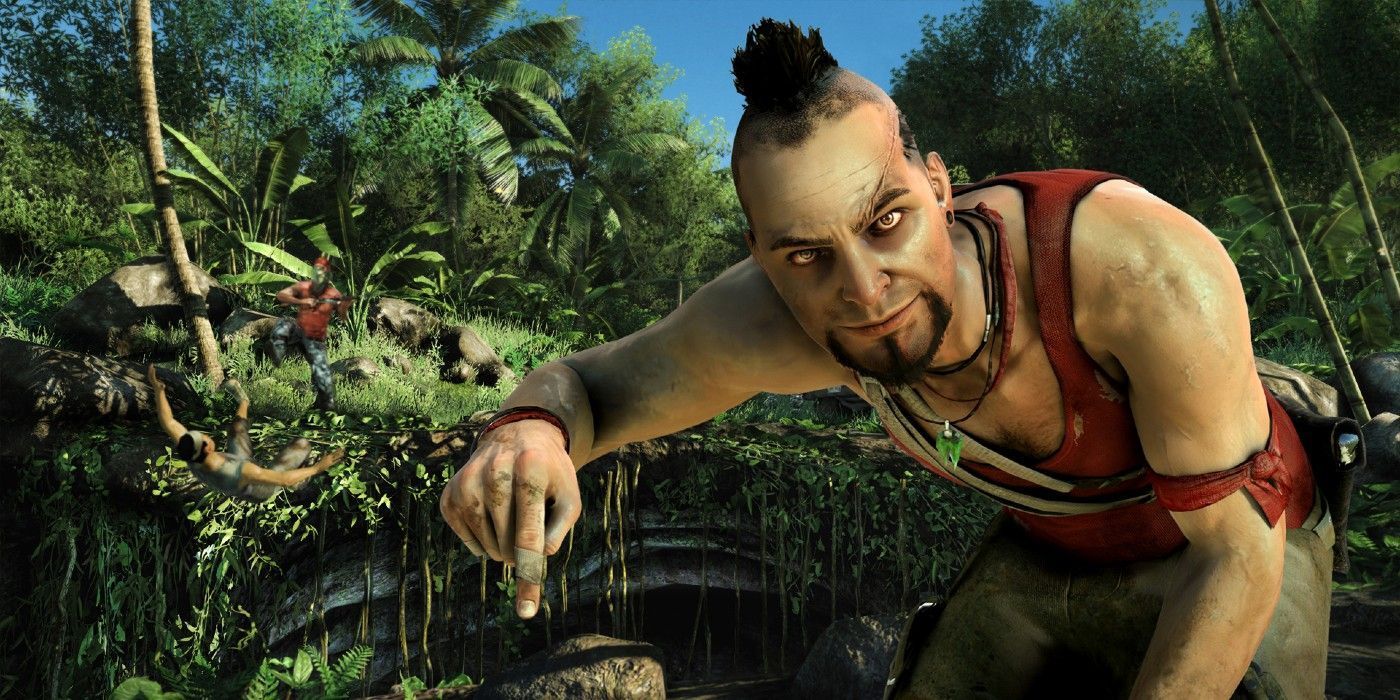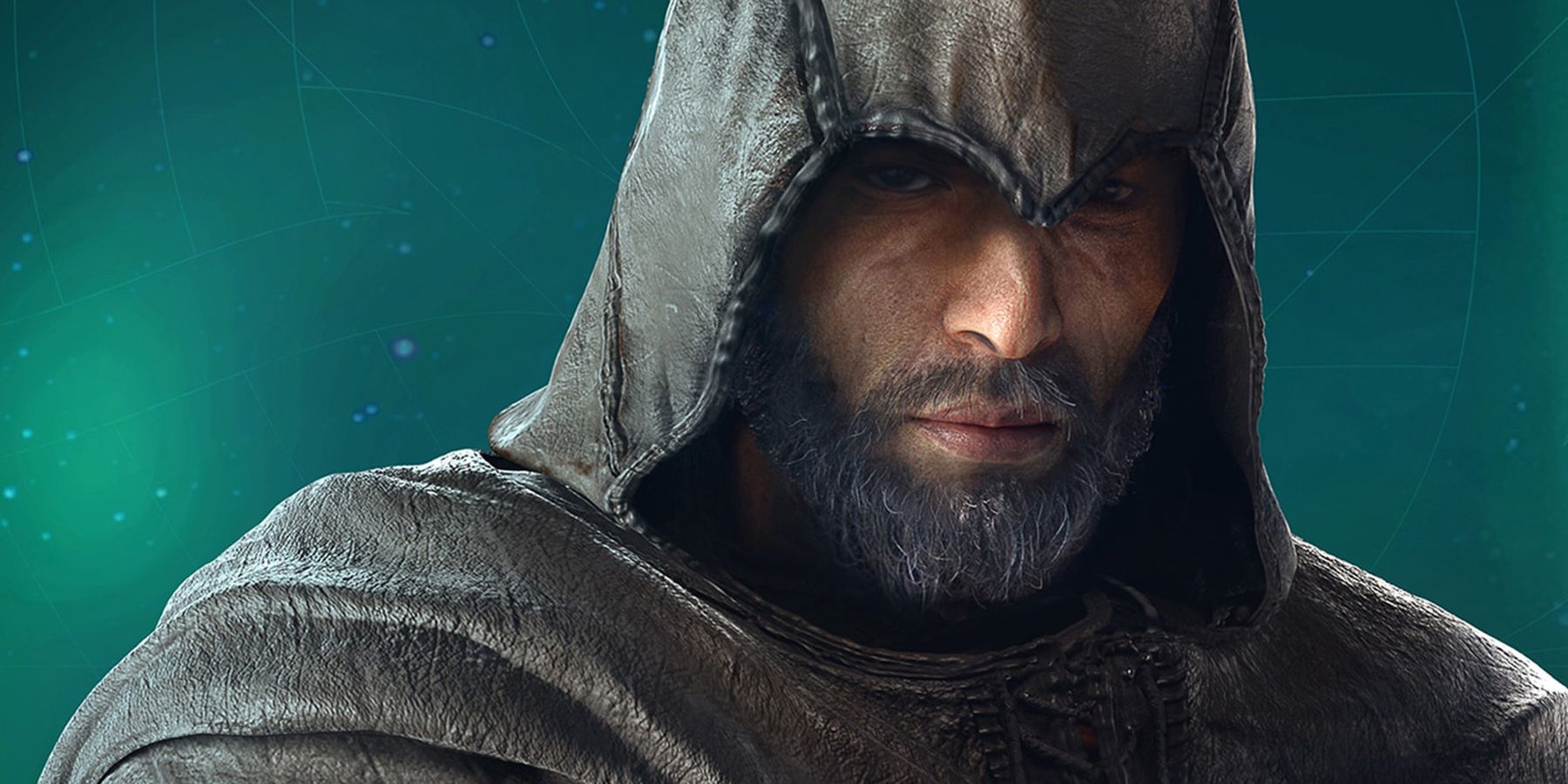The Assassin's Creed franchise is a staple of open-world gaming, and its popularity has helped to make Ubisoft a formidable force in the gaming world. The first game in the series, released in 2007, introduces gamers to some of the gameplay that would eventually characterize Assassin's Creed. Movement is fast and fluid, allowing Altaïr to engage in dynamic combat before quickly switching to Parkour and stealth. Although the first game is set in the Middle East, subsequent titles have taken players worldwide, including to locations such as Egypt, Louisiana, and Italy, to name a few.
Despite Ubisoft's ability to consistently output bestselling games, many have claimed the studio has been creatively strained in recent years, and that Assassin's Creed suffers from franchise fatigue. Consequently, terms such as "Ubisoft towers" have become somewhat disparaging descriptions of overused gameplay elements, especially within open-world games. However, with Assassin's Creed Rift, Ubisoft has the potential to redeem itself, as it seems to be trying something new with the franchise. The rumored game is smaller in scope and is focused on stealth gameplay, which Ubisoft has proven it can execute effectively.
The Issue of Ubisoft Open-World Fatigue
Assassin's Creed is one of Ubisoft's most recognizable open-world franchises, but it is far from the only one. Watch Dogs is a series set in an urban open world where technology rules and hackers can game the system. The first title was released in 2014, and the latest mainline entry, Watch Dogs: Legions, hit stores in 2020. Another popular open-world franchise under Ubisoft's umbrella is Far Cry, a first-person shooter that takes players to different parts of the world and different periods, allowing them to unleash chaos with whatever weapons they can get their hands on. The latest entry, Far Cry 6, takes is set on the fictional Caribbean island of Yara which is under the control of a military junta.
Though these franchises may be vastly different regarding their tone and themes, they have faced very similar criticisms in recent years. Most notably, critics have complained that the franchises have begun to feel repetitive and uninspired, mostly due to their tendency to recycle old gameplay mechanics. This is seen, for example, with the aforementioned Ubisoft towers, which refers to structures that players typically have to climb to reveal more of the map. While they are a useful way of pacing player progression in an open world, their ubiquity in Ubisoft games has resulted in gamers becoming fatigued by them. This problem has been compounded by the fact that other studios have also featured Ubisoft towers in their open-world games, making gamers feel like they are inescapable.
A similar phenomenon is seen with the trend of having numerous quest markers both on the map and floating around in the open world of Ubisoft games. It is a way of directing players towards activities, and it makes players feel as though the open world is full of things to do. However, seeing icons floating around can be immersion-breaking, and it can interfere with a player's natural curiosity and sense of exploration. Consequently, games like Elden Ring which allow gamers to get lost and feature little to no quest markers have been praised for going against the typical Ubisoft open-world design.
None of these criticisms mean that Ubisoft's games are fundamentally bad or unforgivably flawed. Someone new to open-world gaming, or even to Ubisoft games, could likely pick up almost any Assassin's Creed or Far Cry game and have a good time. However, after playing a few titles from the company, it becomes clear that gameplay mechanics are often reused after being given a surface makeover, and while their repeated inclusion may be due to their effectiveness, they can induce fatigue.
Assassin's Creed Rift Could Solve the Problem
According to Bloomberg, Ubisoft's thin release schedule inspired it to turn an upcoming Assassin's Creed Valhalla DLC into a full standalone game. The game is codenamed Assassin's Creed Rift, and it will be centered on Basim, a character from Valhalla. As is revealed in Valhalla, Basim was born in Baghdad and rose to become part of the Hidden Ones, which would later become the Assassin Brotherhood. The game may help to alleviate some open-world fatigue because, as Bloomberg's sources state, the game will be smaller than most Ubisoft games. This could mean the developers may altogether avoid some overused open-world elements such as Ubisoft towers and having too many quest markers, which are often the product of having a massive open world.
Bloomberg's sources also reveal that the game will be focused on stealth gameplay, which is a wise move for Ubisoft, as the company has repeatedly proven that it has a knack for implementing it well. Stealth has made an appearance many times in different Ubisoft franchises, including Watch Dogs where distractions can be used to lower a target's awareness before taking them out from the shadows. In Assassin's Creed 3: Liberation, stealth is implemented in a variety of ways depending on what outfit Aveline throws on. For example, she can dress in the Lady suit to charm guards and access different areas, or she can put on the Slave outfit and blend in with the locals. A Ubisoft game focused on stealth has great potential, especially if developers have time to implement new creative ideas instead of producing another cookie-cutter title.
Though Assassin's Creed Rift has yet to be confirmed by Ubisoft, there is already excitement building around the game, along with further alleged leaks and rumors, including reports that it is set in Baghdad, Iraq. The game has many avenues to explore, as Basim is an interesting character, with the most glaring matter being the fact that, as is revealed in Valhalla, he is the reincarnation of Isu Loki. It seems that the game has all the right elements going for it to be a rejuvenation of the Assassin's Creed franchise and the start of Ubisoft's redemption arc. By veering away from its typical massive open-world design and focusing on a smaller title centered on an intriguing character, Ubisoft may just prove that it still has plenty of creativity left.
Assassin's Creed Rift is rumored to be in development.

